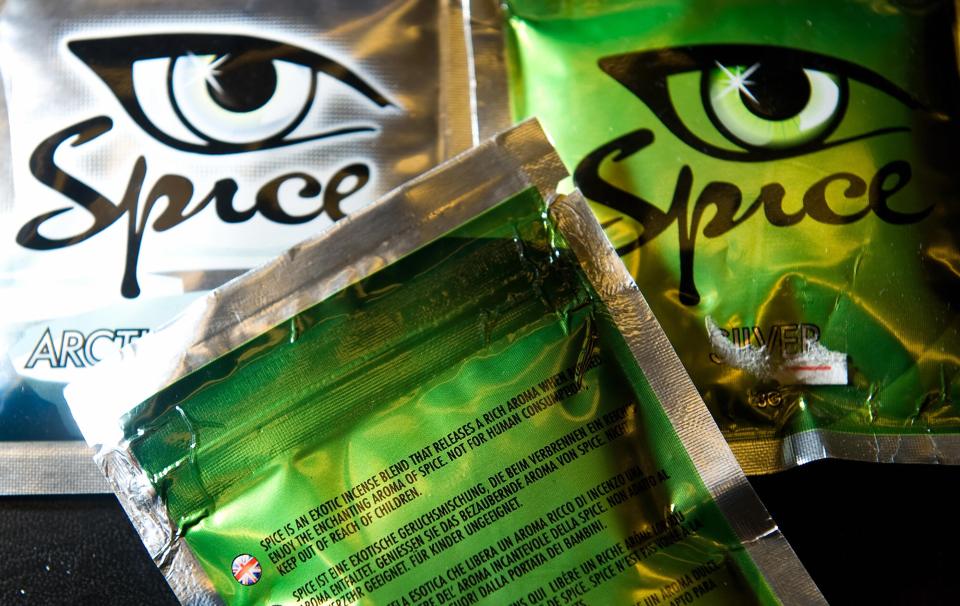A failed drug policy: Why we could see spice on the streets of Leamington
Two weeks ago, at exactly 4:20PM, Hyde Park was unusually hazy for this time of year. Thousands had descended into the Central London park to mingle, enjoy the Easter sun, but most importantly, get high. Who knew there are so many cannabis smoking criminals in the country!
But recently, it is not cannabis that has been hitting the headlines, but something much, much worse. Synthetic cannabis, more colloquially known as ‘spice,’ has caused a recent spate of deaths and hospital visits from bad batches across the country. The vast majority of those affected were reported to be homeless.
It’s been almost a year since the Psychoactive Substances Act, which banned the use of so called legal highs such as spice, came into force. The stated aim was clear. These legal highs were often considerably more dangerous than their older, illegal counterparts. While individual concoctions could be banned, chemists could slightly change the chemical nature of the substance, thus circumventing the law.
The vast majority of those affected were reported to be homeless.
In this game of cat and mouse, the government was always one step behind. By banning all substances that were psychoactive (precluding the extremely healthy and safe tobacco and alcohol of course) it was reasoned that this game would end and chemists could no longer get around the law. There would be no more legal highs like spice on our streets.
It must have been such a surprise then to see news reports over the few weeks of an ‘epidemic’ of ‘spice addicted zombies’ roaming the streets of Manchester and overwhelming emergency services. The situation got so bad that Manchester Central MP, Lucy Powell, requested an emergency meeting with the home secretary as the problem had reached a ‘crisis point.’
In this game of cat and mouse, the government was always one step behind.
Ms Powell also noted that the drug was ‘astonishingly cheap’ and had ‘shifted from the shops onto the streets.’ This must have come as a grave shock to the good intentions the government, with their well thought through and planned legislation.
Except any dummy could have seen this coming. Since prohibition the supply of these drugs has not been reduced, nor has the numbers of people consuming them, nor the associated health risks. If anything by recent reports, they have become more, not less dangerous.
Since prohibition the supply of these drugs has not been reduced, nor has the numbers of people consuming them, nor the associated health risks.
One can still go to any urban area of the UK and find these substances with relative ease. The trade has predictably moved from legal ‘head shops’ to common street dealers, operating largely under the radar of law enforcement. Just like every other drug that has been criminalised, a black market has formed. Who could have seen it coming!
This epidemic should have never happened. By criminalising more moderate drugs such as cannabis, chemists sought to create these concoctions to circumvent the law. It was prohibition that caused this problem. Prohibition will not be the solution.
Just like every other drug that has been criminalised, a black market has formed.
At the end of the day the vast majority of people will not suffer from this decision. Most students have stayed away from these drugs, preferring more established highs. Shockingly, this is an epidemic amongst the most vulnerable in society – those in abject poverty and living on the streets.
Strolling down Leamington parade, it’s hard to find a homeless person who hasn’t used some sort of addictive drug. Many are drawn to spice due to its availability and cheap price. Rather than being treated like the health issue it is, the Psychoactive Substances Act treats spice and its users as purely a criminal matter, offering little useful help to those affected.
Strolling down Leamington parade, it’s hard to find a homeless person who hasn’t used some sort of addictive drug.
In the quest eternal quest to satisfy moralistic middle class parents, perpetually in fear over their children’s activities, the vulnerable in society are suffering the effects. Due to the lack of a suitable medical response to this crisis, I fear it will not be long until reports of homeless ‘zombies’ starts hitting the streets of Leamington.

Comments